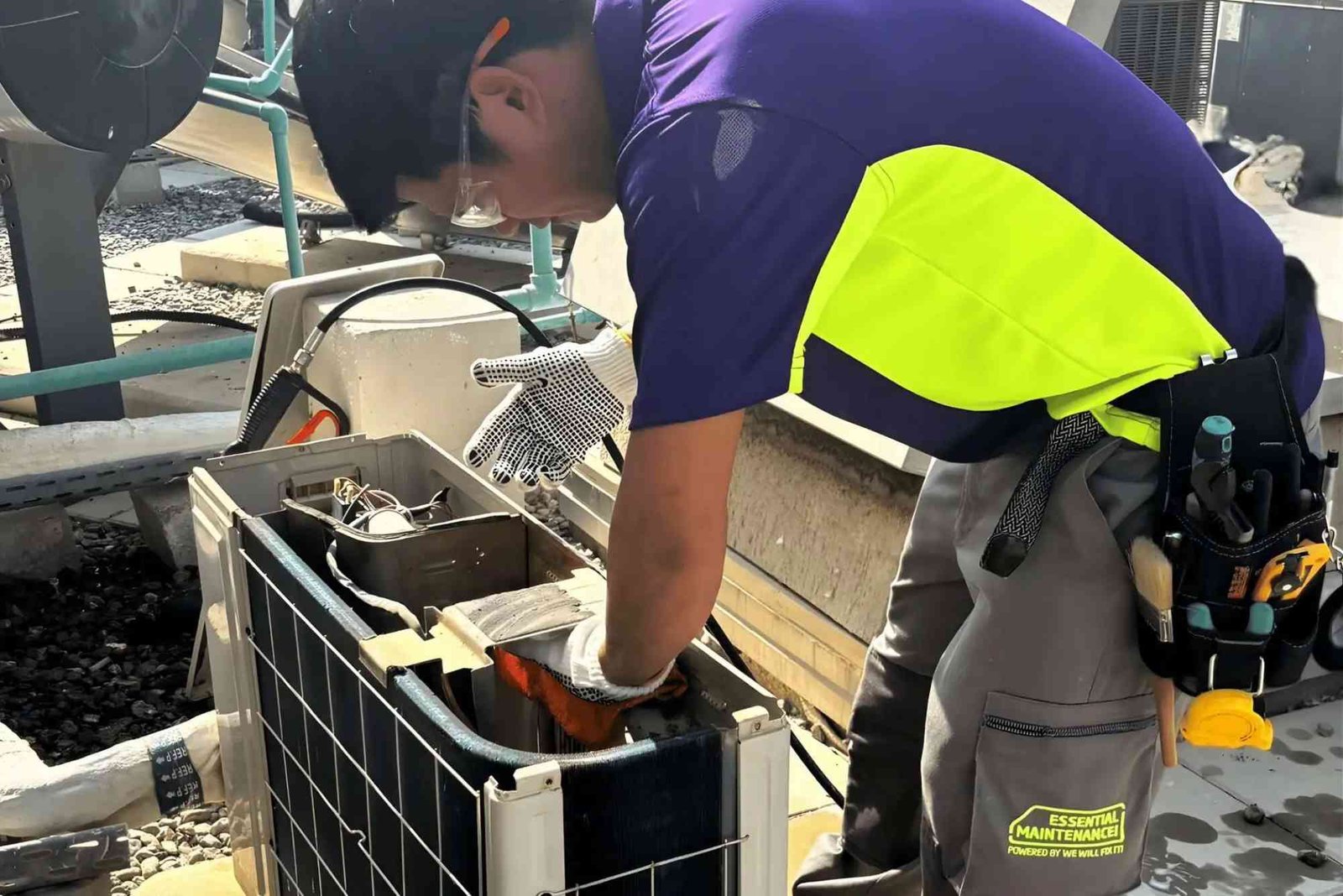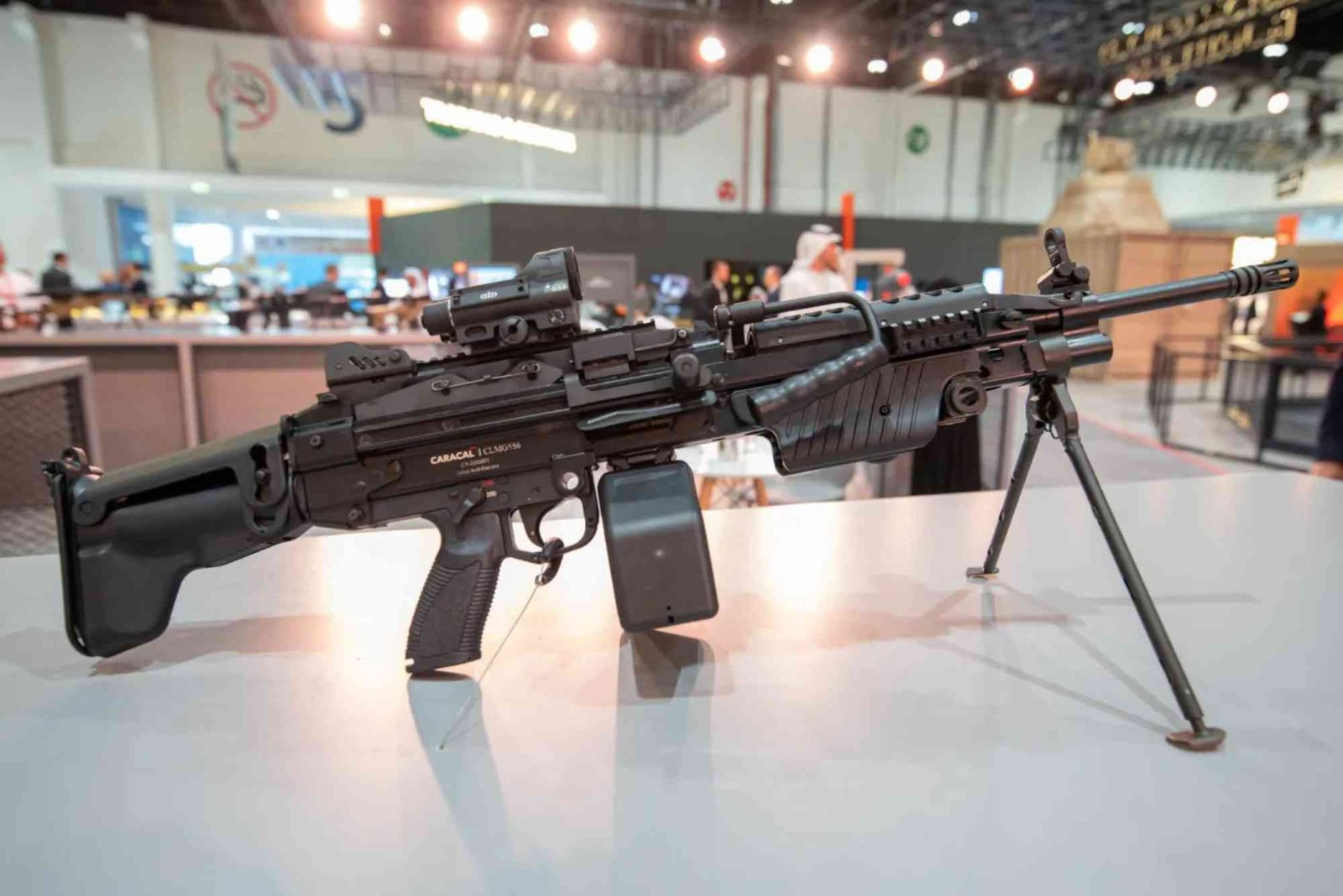Concerts in Delhi, India, are a vibrant blend of music, culture, and energy, captivating audiences with performances ranging from classical to contemporary genres. Behind these unforgettable experiences lies the critical art and science of live sound engineering. Crafting a professional live sound setup in Delhi’s dynamic concert scene requires expertise, advanced technology, and adaptability to diverse venues and genres. This article explores how live sound engineering in Delhi, India, delivers exceptional audio quality, addressing the unique challenges of the city’s concert landscape while providing insights for aspiring engineers, event organizers, and music enthusiasts.
The Importance of Live Sound Engineering
Live sound engineering is the backbone of any successful concert. It ensures that every note, lyric, and beat reaches the audience with clarity and impact. In Delhi, where concerts range from intimate acoustic sets in cafes to large-scale festivals in open-air stadiums, live sound engineering demands precision. A poorly balanced mix or feedback can ruin an event, while a well-executed setup elevates the experience, leaving audiences immersed in the performance.
Delhi’s concert scene is unique due to its diversity. From Bollywood pop at Siri Fort Auditorium to indie rock at JLN Stadium, each event presents distinct acoustic challenges. Sound engineers must account for venue size, audience dynamics, and environmental factors like humidity or traffic noise, which are common in Delhi’s urban sprawl. This makes live sound engineering in Delhi, India, a specialized skill that blends technical expertise with creative problem-solving.
Key Components of a Professional Live Sound Setup
1. Sound Equipment Selection
The foundation of any live sound setup is the equipment. In Delhi, engineers rely on high-quality systems tailored to the venue’s needs. For smaller venues like The Piano Man Jazz Club, compact PA systems with brands like JBL or Bose suffice. Larger venues, such as Pragati Maidan for music festivals, require line array systems from manufacturers like L-Acoustics or Meyer Sound for even sound distribution.
Microphones are equally critical. Dynamic mics like the Shure SM58 are staples for vocals due to their durability, while condenser mics capture the nuances of acoustic instruments. Engineers also use digital mixing consoles, such as the Yamaha QL series or DiGiCo SD12, which offer flexibility for complex setups. These consoles allow real-time adjustments, essential for managing Delhi’s unpredictable acoustics.
2. Venue Acoustics and Sound Design
Delhi’s concert venues vary widely, from heritage sites like Purana Qila to modern arenas. Each space has unique acoustic properties. For instance, open-air venues face challenges like wind interference, while indoor spaces may deal with echo or reverb. Sound engineers conduct pre-event site visits to assess acoustics and design the sound setup accordingly.
In live sound engineering in Delhi, India, engineers use tools like Smaart software to analyze room acoustics and optimize speaker placement. For example, at a concert in India Gate’s open lawns, engineers might deploy delay towers to ensure sound reaches the back of the crowd without distortion. Subwoofers are strategically placed to deliver balanced bass, avoiding muddiness that can overwhelm vocals.
3. Soundcheck and Rehearsals
A thorough soundcheck is non-negotiable. In Delhi, where last-minute changes are common due to logistics or weather, engineers allocate extra time for testing. During soundchecks, they balance levels for each instrument and vocalist, ensuring the mix translates well across the venue. For instance, at a rock concert, the engineer might prioritize guitar riffs and drums, while a classical performance emphasizes vocal clarity and orchestral balance.
Engineers also collaborate with artists during rehearsals to understand their preferences. Some performers prefer in-ear monitors (IEMs) for precise audio feedback, while others rely on traditional stage monitors. In Delhi’s humid climate, IEMs are often preferred to avoid feedback issues caused by environmental noise.
4. Mixing and Real-Time Adjustments
During the concert, the sound engineer’s role is dynamic. They operate the mixing console to adjust levels, EQ, and effects in real time, responding to the performance’s flow and audience reactions. For example, at a high-energy EDM event in Gurgaon, engineers boost low frequencies to enhance the crowd’s energy, while a sufi concert at Qutub Minar requires a delicate balance to preserve the music’s soulful essence.
Live sound engineering also involves troubleshooting. Feedback, equipment failures, or sudden changes in crowd size can disrupt the audio. Experienced engineers in Delhi are adept at quick fixes, such as adjusting EQ to eliminate feedback or rerouting signals if a microphone fails.
Challenges in Delhi’s Concert Scene
Delhi’s concert environment presents unique challenges for live sound engineering in Delhi, India. Traffic noise, especially in outdoor venues, can interfere with audio clarity. Engineers use directional microphones and noise gates to minimize external sounds. Power supply issues, common in some parts of the city, require backup generators and voltage stabilizers to protect equipment.
Another challenge is the diversity of musical genres. A single festival might feature classical ragas, hip-hop, and electronic music, each requiring distinct sound profiles. Engineers must be versatile, switching between setups quickly. For instance, a tabla performance needs crisp high frequencies, while a DJ set demands booming bass.
Cultural expectations also play a role. Delhi audiences are vocal, often singing along or cheering loudly, which can affect the mix. Engineers must anticipate these dynamics and adjust levels to maintain clarity without overpowering the performers.
Best Practices for Success
To excel in live sound engineering, Delhi’s professionals follow several best practices:
-
Preparation: Engineers arrive early to set up and test equipment, accounting for Delhi’s traffic delays. They carry backup cables, microphones, and adapters for emergencies.
-
Collaboration: Working closely with artists and event organizers ensures the sound aligns with the performance’s vision. Clear communication prevents last-minute surprises.
-
Training: Many engineers in Delhi train at institutes like the Sound Engineering Academy or learn on the job. Staying updated on new technologies, like digital signal processing, is crucial.
-
Adaptability: Delhi’s unpredictable weather and logistics demand flexibility. Engineers monitor weather forecasts and have contingency plans, such as waterproofing equipment for outdoor events.
Technology and Trends in Delhi’s Live Sound Scene
Advancements in technology are transforming live sound engineering in Delhi. Wireless systems, like Shure’s Axient Digital, allow greater mobility for performers, reducing cable clutter. Digital audio networks, such as Dante, streamline signal routing in large setups, improving reliability.
Immersive audio is gaining traction, with systems like L-Acoustics L-ISA creating 3D soundscapes for high-budget concerts. While still niche in Delhi, these technologies are used in premium events, offering audiences a more engaging experience.
Sustainability is another emerging trend. Engineers are adopting energy-efficient equipment and reusable setups to reduce the environmental impact of large concerts, aligning with global standards.
The Future of Live Sound in Delhi
As Delhi’s concert scene grows, so does the demand for skilled sound engineers. The rise of music festivals like NH7 Weekender and international tours by artists like Coldplay highlights the need for world-class audio. Investments in training and infrastructure will further elevate live sound engineering in Delhi, India, positioning the city as a global hub for live music.
For aspiring engineers, Delhi offers a fertile ground to learn and innovate. By mastering the technical and creative aspects of live sound engineering, professionals can shape unforgettable concert experiences that resonate with Delhi’s passionate audiences.
In conclusion, managing professional live sound setups in Delhi requires a blend of technical expertise, adaptability, and cultural awareness. From selecting the right equipment to navigating venue challenges, sound engineers play a pivotal role in delivering flawless audio. Whether you’re an event organizer, musician, or fan, understanding the intricacies of live sound engineering reveals the magic behind Delhi’s vibrant concert scene.










